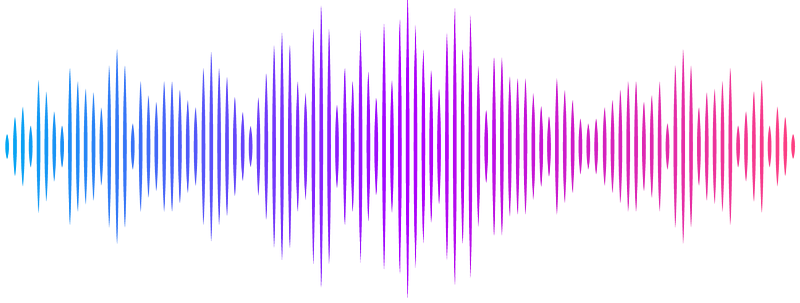Adjuvant conditioning enhances neutrophil function while inducing a suppressive peritoneal macrophage phenotype

Adjuvant conditioning enhances neutrophil function while inducing a suppressive peritoneal macrophage phenotype
Boccia, T.; Fattori, V.; Deroco Veloso da Silva, M.; Asquith, N. L.; Pan, W.; Rogers, M. S.; Zanoni, I.; Cuenca, A.
AbstractAdjuvants are widely used to boost the immune response during vaccination protocols. Our group has previously reported that repeated intraperitoneal administration of alum in mice, known as adjuvant conditioning (AC), creates an immunosuppressive environment that delays allogeneic graft rejection through NLRP3-dependent MDSC expansion. However, little is known about the effects of AC on the reprogramming of peritoneal cavity cells, particularly the different peritoneal macrophage populations, and the impact on the adaptive immune response. We found a population-specific immune response to alum, with small peritoneal macrophages (SPMs) being more prone to inflammasome activation than large peritoneal macrophages (LPMs) in vitro. In vivo, alum exposure led to NLRP3-dependent macrophage disappearance reaction (MDR) of LPMs, which could be explained by aggregate formation and migration to the omentum. AC also induced the reprogramming of resident macrophages and infiltrating monocytes towards a less inflammatory state, making them more vulnerable to bacterial infections, but recruited neutrophils with enhanced killing ability. This suggests that AC may influence both innate and adaptive immunity in distinct ways, reprogramming cells to different profiles, and indicating its potential as an immunosuppressive treatment for autoimmune diseases and transplant rejection.